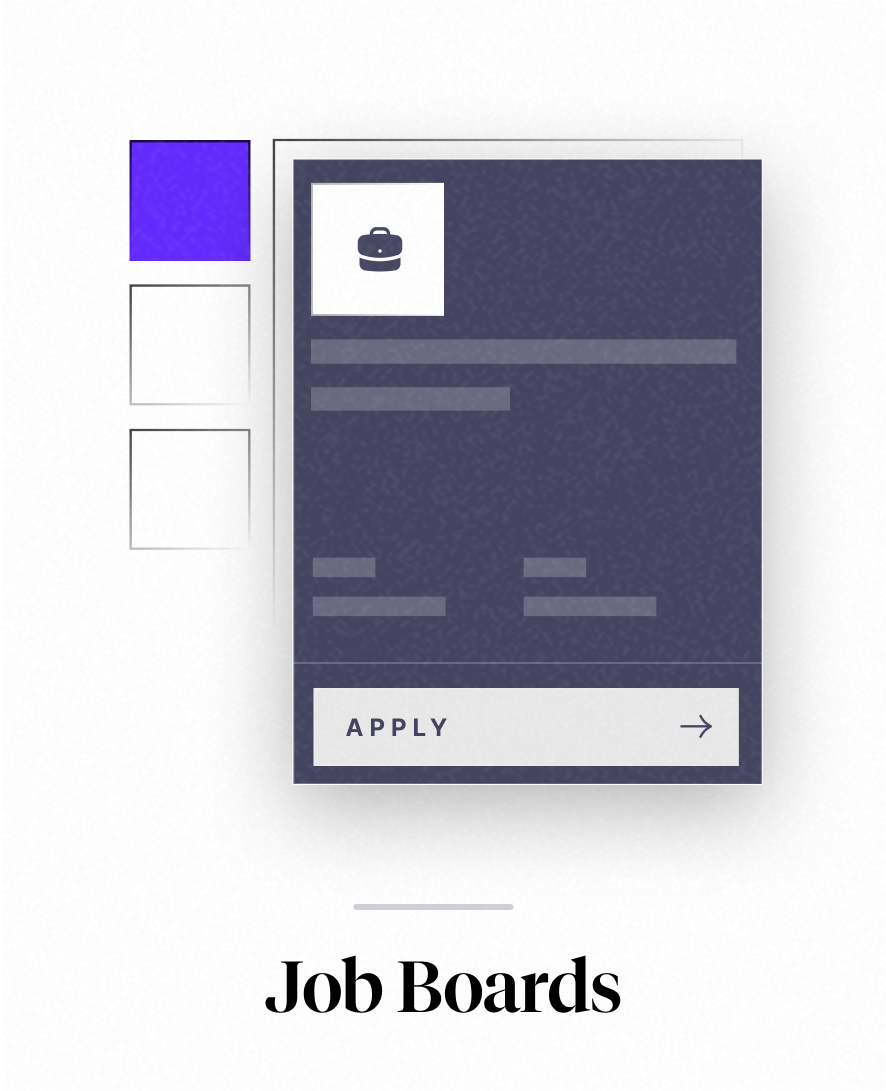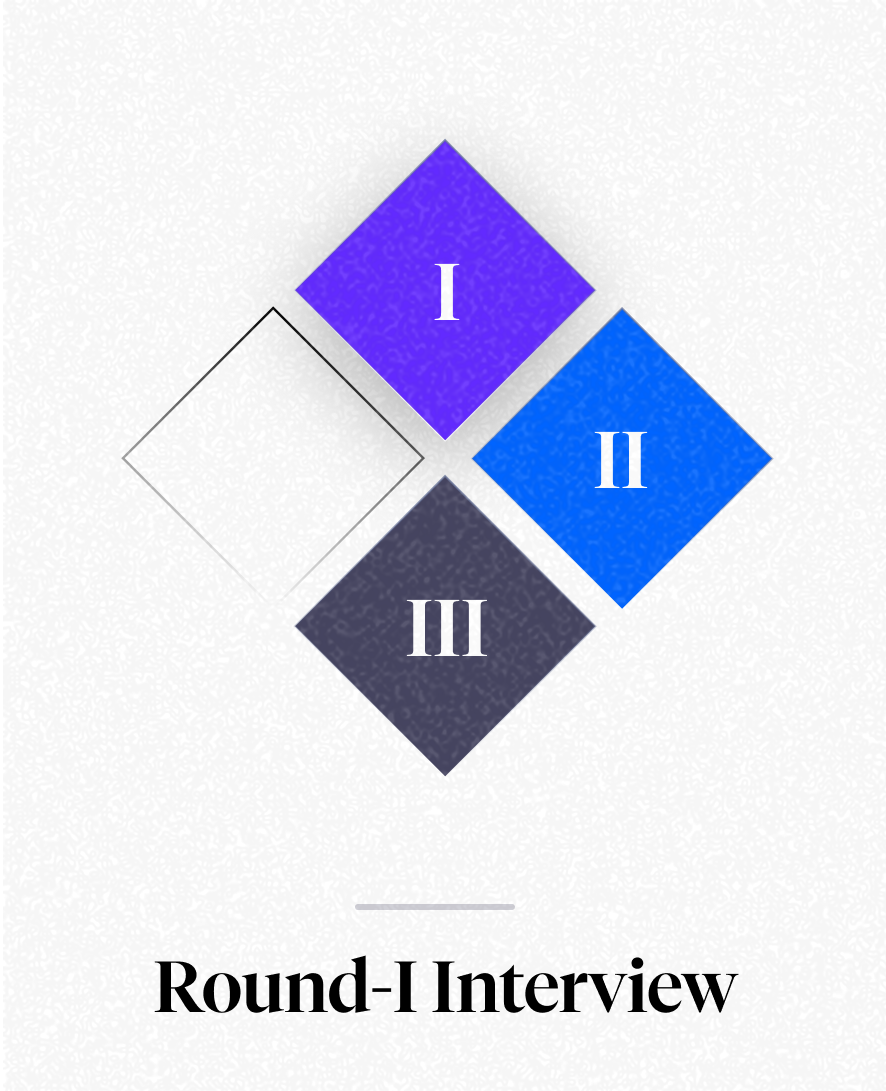Crafting the core value prop
Great. Now you have the basic understanding of your product, ICP & market. You know the JTBD of your brand.
- Understanding the product
- Understanding the ICP
- Understanding the market and JTBD
The next step is crafting the core value prop, but before that let's put everything you've learnt at once place so that it get's easy to refer back whenever required.
To understand the core insights, answer these questions. If in case you are unsure of any answer, please make sure you go back and find the answers to these questions. Getting these question will mean 50% of your job is done.
- How does the user perceive this category?
- Are they aware of the category?
- If yes, do they purchase from the category?
- What are the trigger and blockers to purchase?
- What are the core problems your user is facing?
- How do they solve this problem currently?
- Do they have an existing habit in place?
- What is the one non-negotiable your user has? Could be money, quality, speed, time, value etc
- What are somethings that your users are willing to compromise on?
- What are the outcomes that users want to solve for after using your product?
These are just base level question. There could be more questions based on your product.
Let's look at these answers for Airbnb
How does the user perceive this category?
Initially, users perceived short-term accommodation as limited to hotels and hostels. They viewed staying in a stranger’s home as unconventional and risky.
Are they aware of the category?
When Airbnb launched, users were largely unaware of the category of short-term home rentals. Airbnb had to create awareness and build trust in the concept.
If yes, do they purchase from the category?
In the early days, most users did not purchase from this category, as home-sharing was a novel concept. Over time, the market grew, and many began to consider it a viable alternative.
What are the triggers and blockers to purchase?
Triggers: Affordable pricing, unique and authentic experiences, the opportunity to live like a local.
Blockers: Trust issues, safety concerns, and discomfort with staying in a stranger's home.
What are the core problems your user is facing?
High costs of traditional accommodation, lack of authentic experiences, and limited options for unique stays.
How do they solve this problem currently?
Users typically booked hotels or hostels, which were often expensive and lacked local cultural experiences.
Do they have an existing habit in place?
Yes, users had a habit of booking hotels or hostels when traveling. Changing this habit required building trust and showing the unique value of home-sharing.
What is the one non-negotiable your user has?
Safety: Users needed to feel secure when staying in a stranger's home. Airbnb focused on safety measures like host reviews, secure payment, and verified profiles.
What are some things that your users are willing to compromise on?
Service Quality: Users were willing to compromise on standardised hotel services (e.g., room service) in exchange for affordability and unique experiences.
What are the outcomes that users want to solve for after using your product?
Users wanted an affordable, authentic travel experience that allowed them to connect with local culture, stay comfortably, and feel safe.
Some industry related questions
What drives travelers to prefer unique, non-hotel stays?
Understanding motivations like adventure, affordability, or local cultural experiences helps shape Airbnb's value proposition.Understanding expectations broadly, whether it's affordability, cultural immersion, or convenience, helps Airbnb prioritize features that fulfill these needs.
This helps Airbnb understand how to emphasize the cultural and experiential aspects of staying in someone’s home compared to traditional accommodations.
Understanding how service expectations differ allows Airbnb to set the right customer expectations and provide experiences that align with those expectations.
Core value prop is a short statement that communicates why buyers should buy your product / service.
Articulate the core value prop for your brand. The template to use here is:
For [target customer] who [needs X], our [product / service] is [category of industry] that [benefits / provides pain relievers]
The core value prop for Airbnb will be:
In this section
You've to do 2 things in this section:
- Answer these questions for your product. Brainstorm on some additional questions and articulate answers for those questions.
- Articulate the core value prop using the template mentioned above.
With this, we have completed 50% of the documentation. The next part is all about converting these insights to brand guidelines. This is going to be super exciting.
Let's get to it!
Brand focused courses
Great brands aren't built on clicks. They're built on trust. Craft narratives that resonate, campaigns that stand out, and brands that last.
All courses
Master every lever of growth — from acquisition to retention, data to events. Pick a course, go deep, and apply it to your business right away.
Explore courses by GrowthX
Built by Leaders From Amazon, CRED, Zepto, Hindustan Unilever, Flipkart, paytm & more
Course
Advanced Growth Strategy
Core principles to distribution, user onboarding, retention & monetisation.
58 modules
21 hours
Course
Go to Market
Learn to implement lean, balanced & all out GTM strategies while getting stakeholder buy-in.
17 modules
1 hour
Course
Brand Led Growth
Design your brand wedge & implement it across every customer touchpoint.
15 modules
2 hours
Course
Event Led Growth
Design an end to end strategy to create events that drive revenue growth.
48 modules
1 hour
Course
Growth Model Design
Learn how to break down your North Star metric into actionable input levers and prioritise them.
9 modules
1 hour
Course
Building Growth Teams
Learn how to design your team blueprint, attract, hire & retain great talent
24 modules
1 hour
Course
Data Led Growth
Learn the science of RCA & experimentation design to drive real revenue impact.
12 modules
2 hours
Course
Email marketing
Learn how to set up email as a channel and build the 0 → 1 strategy for email marketing
12 modules
1 hour
Course
Partnership Led Growth
Design product integrations & channel partnerships to drive revenue impact.
27 modules
1 hour
Course
Tech for Growth
Learn to ship better products with engineering & take informed trade-offs.
14 modules
2 hours
Crack a new job or a promotion with ELEVATE
Designed for mid-senior & leadership roles across growth, product, marketing, strategy & business
Learning Resources
Browse 500+ case studies, articles & resources the learning resources that you won't find on the internet.
Patience—you’re about to be impressed.























